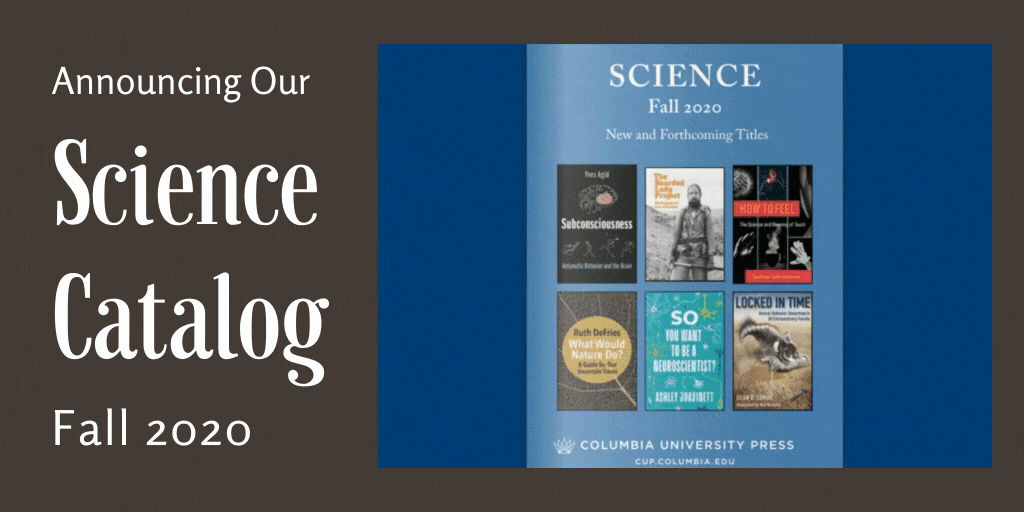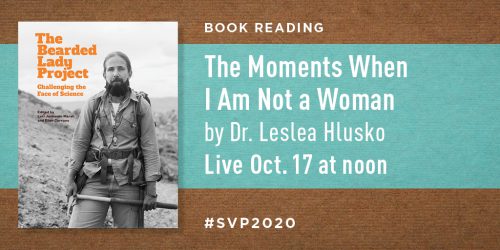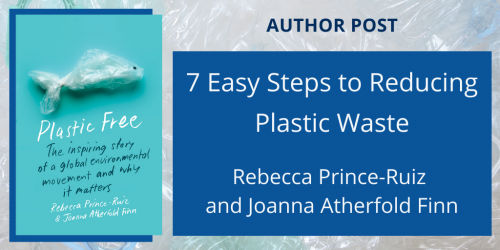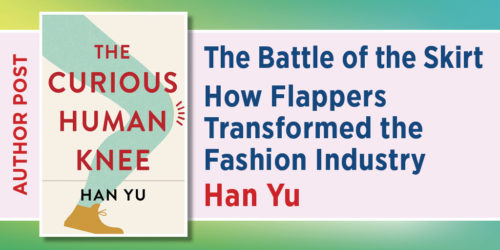Announcing Our Fall 2020 Science Catalog

Letter from the editor:
The year 2020 has been a difficult one. But each book I have the good fortune to publish is a beacon to a better understanding of our world and ourselves. Please allow me to highlight a few of our new and forthcoming science books that have especially resonated with me while I physically isolate during this pandemic.
First are those titles that gained even greater relevance as COVID-19 became a global crisis. Rethinking Readiness by Jeff Schlegelmilch, the recently promoted director of the National Center for Disaster Preparedness at Columbia University’s Earth Institute, outlines five categories of megadisasters (including pandemics) that threaten to overwhelm our capacity to respond and recover—and provides guidance for preparing more effectively. Ruth DeFries’s What Would Nature Do? examines four sometimes counterintuitive lessons from biological evolution and the natural world that we can apply to our complex challenges today. And Sushma Subramanian’s How to Feel takes an introspective, scientific, and cultural approach to our sense of touch—something many of us, myself included, are thinking more about as we remain socially distanced from family and friends.
Two books this year speak to careers and personal experiences in the sciences. Ashley Juavinett’s So You Want to Be a Neuroscientist? gives an honest look at that career path. The Bearded Lady Project, edited by the project’s creators Lexi Jamieson Marsh and Ellen Currano, collects thought-provoking portraits of women scientists in the field and in the lab alongside bracing personal essays.
Elsewhere, in the life sciences, paleontologist Dean Lomax’s Locked in Time selects fifty very special fossils that capture prehistoric animals as they actually lived and died. Also revealing are Yves Agid’s Subconsciousness, a brief but illuminating exploration of how the human brain manages automatic behavior, and Daniel Graham’s An Internet in Your Head, which proposes a new metaphor for the brain: not as a single, unnetworked computer, but as a highly networked internet. In Mind Thief, Han Yu puts forth a deeply researched and deeply moving narrative history of Alzheimer’s disease, from the first patients to current research, its challenges, and future prospects.
I’ll end here on a book that I hope will inspire you to take what action you can: Plastic Free, by Plastic Free July creator Rebecca Prince-Ruiz and writer Joanna Atherfold Finn. It tells the story of how the Plastic Free July environmental movement went global and offers suggestions for how you can reduce your single-use plastic consumption— and why you should consider it, even if you’re feeling a bit cynical these days.
Thank you for reading.
Sincerely,
Miranda Martin, editor, science








